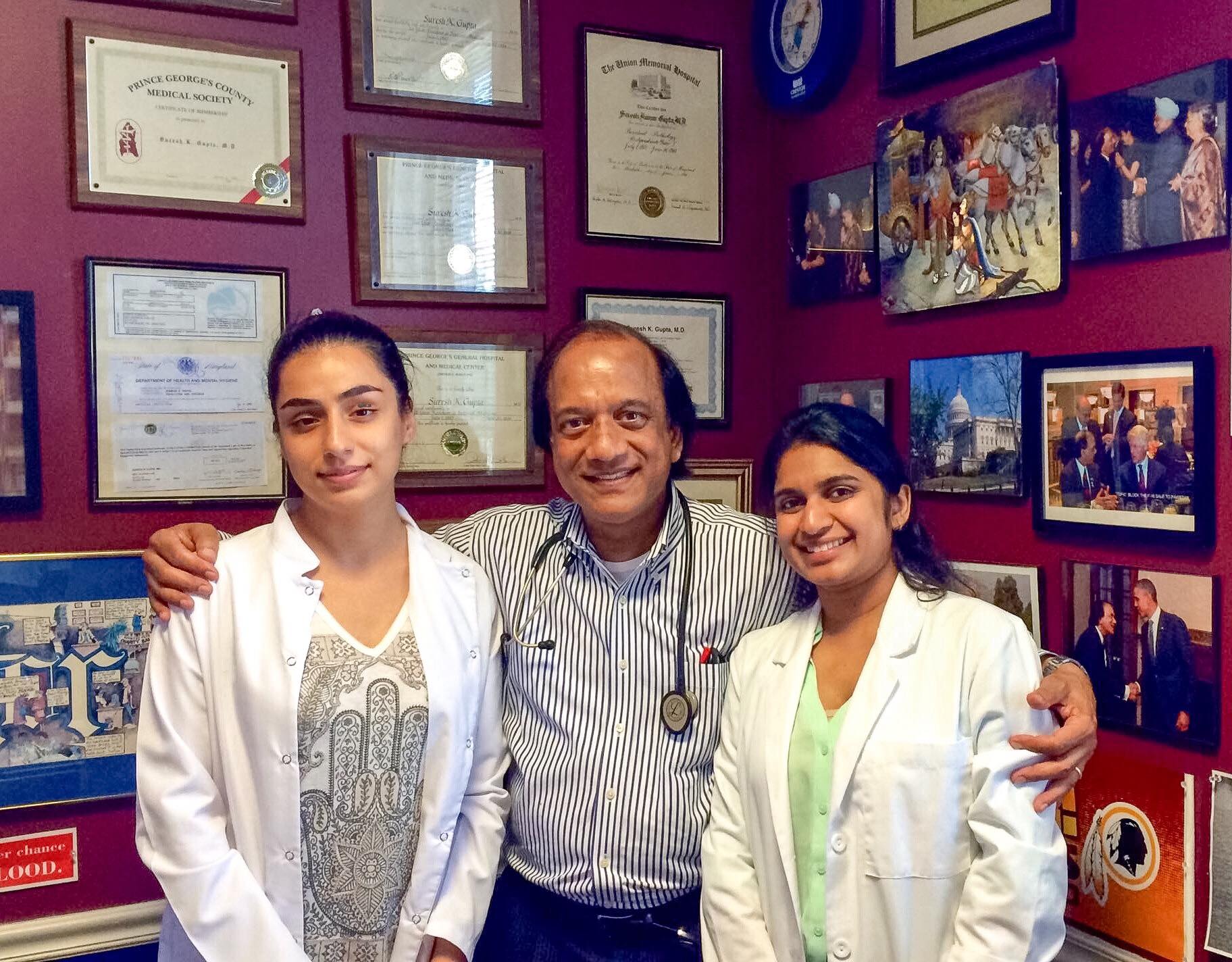The road to becoming a physician is a long and arduous one. Mentors are important figures on this road, helping provide insight and open doors along the way. Mentors occupy a unique sphere in the life of an aspiring physician, crafting a vision of the bigger picture to help put present conundrums into perspective.
Through the years, mentorship in academic medicine has evolved. In the past, the physician-to-resident relationship was defined by hierarchy and existed solely in the clinical setting. Notable physicians such as Osler, Longscope, Halsted, De Witt Lewis, and Williams exemplified this relationship by dedicating themselves to providing rigorous, structured mentorship and training to residents during their time in the teaching hospital. The success of the residents most often reflected the competence of the mentor.
However, over the years, the climate of residency programs has changed, and with it, the nature of the physician-to-resident relationship. Residents work in higher-pressure environments, deal with a high turnover of patients, and generally have lower energy levels. As Kenneth Ludmerer’s book, Let Me Heal, and Anna Sayburn’s article, “Doctors: No mentor yet? Are you missing out?”, express, the learning component of the mentorship relationship is sacrificed. Ludmerer also points out that attending physicians are increasingly more involved with their own research and clinical practices outside the hospital, leaving residents without much academic supervision. While Ludmerer sees this shift as having a negative effect on the healthcare industry, Sayburn makes the claim that mentorship relationships are returning.
We live in an age of increasing socialization and communication. As people live more connected lives, linked by the internet and social media, bridges between individuals are shortened, and accessibility is enhanced. Avenues of communication are open with more opportunities for relationships to be established. While many aspiring physicians find mentors through their medical schools or residency programs, networks exist to connect mentors and mentees. Some of these networks include the American Academy of Family Physicians (AAFP), which provides a dearth of resources to find local mentors.
Though mentorships within the hospital setting may be compromised due to changing trends in residency programs, modern-day mentorship extends beyond the hospital.
Finding the right mentor helps residents to grow in both their personal and professional lives, as mentors provide not only insight into personal and professional growth, but also experience in balancing the relationship between the two. As Joseph Platz and Neil Hyman argue in their paper, “Mentorship,” the mentor-to-mentee relationship is established on the desire for shared knowledge. Mentorship supplements clinical experiences for a more personalized means of defining and executing a career path.
Medicine is a field that continues to evolve, changing not only how patients are being treated but also how physicians are being trained. As physicians adapt to the changes, previously established relationships take on a different character. Though many argue that mentorship within the hospital has experienced a negative shift, mentorship has grown to extend beyond the clinical setting. With the physician-to-resident relationship becoming more accessible, mentorship has become more prevalent, and both mentors and mentees are reaping the benefits. Mentorship provides the necessary collaborative space for growth along the extensive path to becoming a physician.
Are you interested in finding a mentor? You may just find one in your supervising physician when you complete a rotation with AMO. To explore our rotations and even apply, click here.







Very interesting subject, regards for putting up.